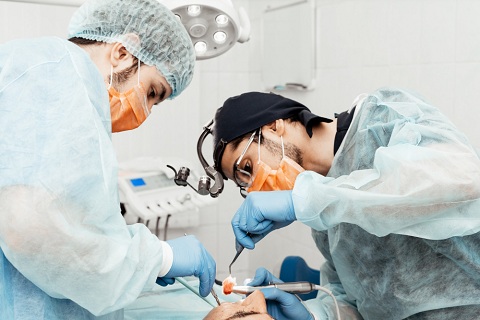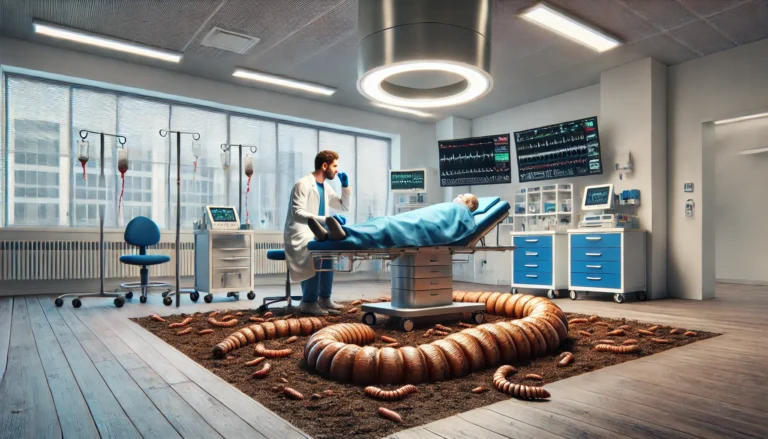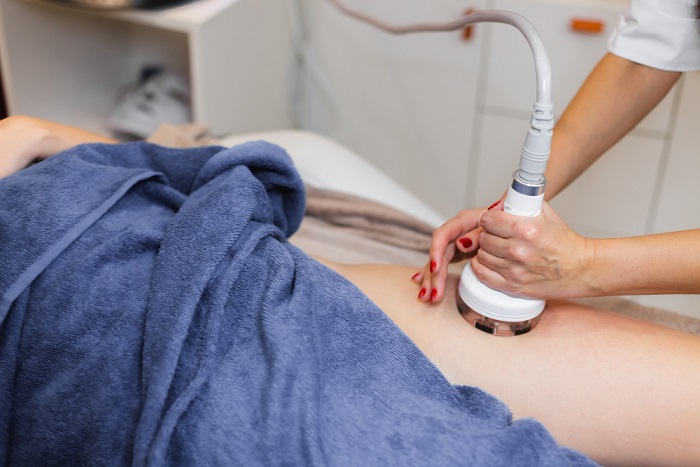For many, a trip to the dentist conjures images of routine check-ups, cleanings, and perhaps the occasional filling. However, in some cases, a dental visit may involve more complex procedures, including oral surgery. While the thought of oral surgery may seem daunting, understanding what to expect can help alleviate concerns and ensure a smoother experience. If you’re in Bundoora, Melbourne, visiting a dentist in Bundoora for oral surgery, here’s what you can anticipate.
When Is Oral Surgery Necessary?
Oral surgery is performed for various reasons, ranging from addressing severe dental issues to improving overall oral health and aesthetics. Common situations that may require oral surgery include:
Tooth Extractions: When a tooth is severely damaged or infected and cannot be saved with other treatments, extraction may be necessary. Wisdom teeth removal is a common example of tooth extractions.
Dental Implants: For those missing one or more teeth, dental implants involve the surgical placement of artificial tooth roots into the jawbone, providing a stable foundation for replacement teeth.
Corrective Jaw Surgery: When misalignment of the jaws leads to functional or aesthetic issues, corrective jaw surgery can help address the problem.
Bone Grafting: In preparation for dental implants or to address bone loss in the jaw, a bone grafting procedure may be required.
Oral Pathology: The removal of oral growths or lesions, such as cysts or tumors, may necessitate oral surgery for biopsy or treatment.
Preparing for Oral Surgery
Before your oral surgery, your dentist in Bundoora will provide instructions to ensure the procedure goes smoothly and safely. These preparations may include:
Discussion: Your dentist will explain the surgery, discuss any potential risks, and answer any questions you may have.
Medical History: Provide a comprehensive medical history to your dentist, including any medications you are taking, allergies, and any medical conditions.
Pre-Procedure Restrictions: Your dentist may advise you to refrain from eating or drinking for a specified time before the surgery, particularly if you will be under anesthesia.
Arrangements: Arrange for someone to accompany you to the procedure, as you may be unable to drive or require assistance afterward.
What to Expect During Oral Surgery
The specifics of your oral surgery will depend on the type of procedure you are undergoing. Here’s an overview of what you can generally expect:
Anesthesia:
Before beginning the surgery, the dentist will administer the appropriate form of anesthesia to ensure your comfort and minimise pain during the procedure. This may include local anesthesia, sedation, or general anesthesia, depending on the complexity of the surgery.
The Procedure:
The actual surgery will be carried out by the dentist or an oral surgeon, depending on the procedure’s complexity. You will be closely monitored during the surgery, and the dental team will ensure you are as comfortable as possible.
Recovery:
After the procedure, you will be moved to a recovery area. The duration of your stay in the recovery area may vary depending on the type of anesthesia used and the complexity of the surgery. You’ll be monitored to ensure you are recovering well.
Pain Management:
Following the surgery, your dentist will prescribe pain medications or provide recommendations for over-the-counter pain relief to manage any discomfort during your recovery.
Post-Operative Care:
Your dentist in Bundoora will provide post-operative care instructions. This may include guidance on diet, oral hygiene, and activity restrictions in the days following the surgery.
Follow-up Appointments:
In many cases, a follow-up appointment will be scheduled to monitor your recovery and ensure that the surgical site is healing properly.
Recovery and Healing
The recovery period after oral surgery can vary based on the complexity of the procedure and your overall health. While it’s normal to experience some discomfort, swelling, and minor bleeding following surgery, these symptoms should subside within a few days.
During the recovery phase, it’s important to:
- Follow your dentist’s post-operative care instructions diligently.
- Stick to a soft diet to avoid placing excess stress on the surgical site.
- Maintain good oral hygiene, taking care to avoid the surgical area when brushing and flossing.
- Avoid strenuous physical activities, especially in the immediate days following surgery.
It’s crucial to keep your dentist informed of your progress and any concerns you may have during the recovery process.
Possible Complications
While oral surgery is generally safe, like any medical procedure, it carries some inherent risks. Potential complications may include infection, excessive bleeding, nerve damage, or adverse reactions to anesthesia. These risks are relatively low and can be mitigated by choosing an experienced and qualified dentist or oral surgeon.
In Conclusion
Oral surgery, while potentially intimidating, is a valuable tool for addressing various dental issues and improving your oral health and quality of life. If you’re in Bundoora and need oral surgery, rest assured that you are in capable hands with a dentist in Bundoora. Understanding what to expect, preparing properly, and adhering to post-operative care instructions can help ensure a smooth and successful surgical experience. Your dentist will guide you every step of the way, prioritising your well-being and the health of your smile.














